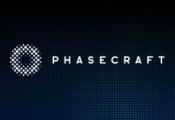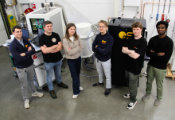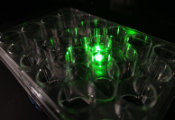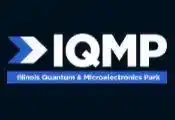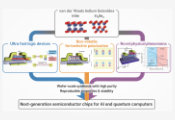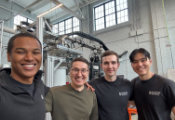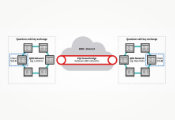Equal1 and Irish Centre for High-End Computing (ICHEC) Sign Agreement to Advance Quantum Innovation in Ireland and Europe
Equal1, one of the world’s leading silicon quantum computing companies, has today announced a new cooperation with the Irish Centre for High-End Computing (ICHEC) to advance the deployment of High Performance Computing and Quantum Computing (HPC-QC) in Ireland and Europe to drive technical innovation, address complex scientific and industrial challenges and maintain global competitiveness.
The agreement, in the form of a Memorandum of Understanding (MoU), formalises the mutual interaction and strengthens the existing relationship between Equal1 and ICHEC at the strategic and operational level. Specifically, the organisations together will:
- Promote and position High Performance Computing and Quantum Computing (HPC-QC) in Ireland and Europe as a matter of strategic importance, global competitiveness, and technical research and innovation
- Engage jointly with other stakeholders to seek national-level funding and support for the operation and services of HPC-QC platforms for enterprise, academic and public sector organisations
- Leverage national and European programmes to collaboratively develop and engage in R&D on Equal1’s quantum computers and subsequent upgrades through 2026
- Accelerate Quantum-HPC integration by conducting joint RD&I projects towards interoperable coupling and interfacing HPC supercomputers with QC systems
- Enable Ireland to develop and deploy HPC-QC platforms and services for national users through synergy with the National Strategy for Quantum Technology, EU Quantum initiatives (e.g. Quantum Flagship, EuroHPC JU) and global activities (e.g. IEEE Quantum)
Jason Lynch, CEO of Equal1, commented: “This collaboration marks a significant leap in driving forward innovation and positioning Ireland and Europe at the forefront of the global quantum race. Quantum technology has already shown its potential to materially accelerate growth in areas where Ireland and Europe are currently leaders, surpassing the capabilities of conventional computing.”

